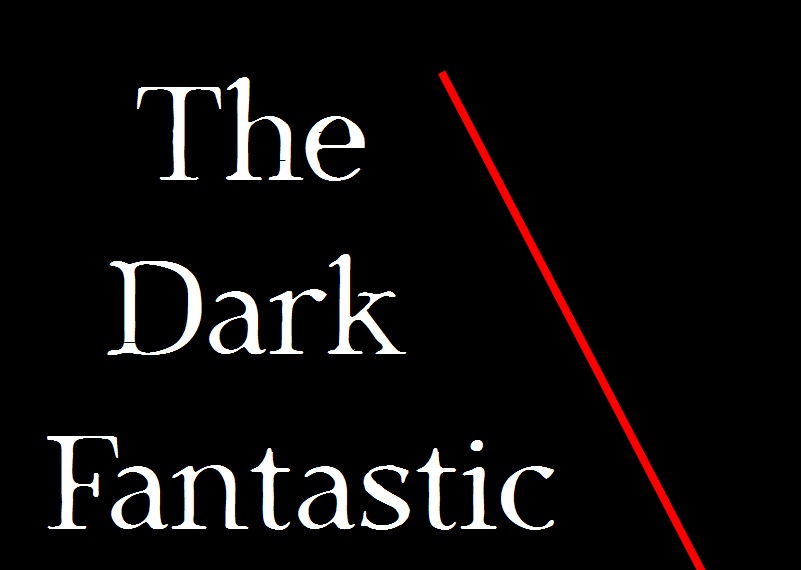Mostly known as a Walking Dead rip-off, Z Nation, a quirky and uneven series, is actually much more than that.
What begins as a silly, tongue-in-cheek horror/comedy show, ends as a politically charged apocalyptic thriller. Let's take a look at each individual season.
Season 1: Created by Karl Schaefer and Craig Engler, and hampered by a cast of actors who haven't yet found their groove and a ridiculously low-budget of a reported $700,000 per episode, the series nevertheless begins with a bang, delivering a quirky, funny, and action-packed pilot, and setting itself up as the anti-Walking Dead; irreverent, humorous, and silly. Throughout the first season, thanks mainly to some inspired twists and John Hyams' kinetic direction, the show tries to do its best with limited resources, and while the budget constraints make a couple of episodes almost unwatchable, overall, the season never stops being entertaining, and the ending is intriguing.
Season 2: Arguably the best season of the series, this is where the cast (especially the immensely funny Keith Allan), crew, and writers fire on all cylinders, delivering some of the show's best episodes, some of which are near-perfect exercises in zombie-action mayhem. Again, thanks to John Hyams' excellent direction, and some inspired touches by the writers, this is the season where Z Nation comes into its own and transcends both its origins and its genre. The ending is somewhat a letdown, but there is no doubt that this is the season where the show became something much better than it had any right to be, even rivaling the quality of some of the later seasons of The Walking Dead.
Season 3: Although the season begins with a fantastic, visually stylish two-parter, this is the season where things start to go awry. Here, the show's heavy handed politics start to rear its ugly head, with the humor and inspired quirkiness taking a backseat to uneven writing and some truly boring plotlines. Things pick up a bit near the end, but this is the season where Z Nation starts to lose its footing.
Season 4: An uneven season, again suffering from heavy-handed politics and some of the series' worst episodes. The opening and closing episodes are good, and the main storyline, about general Warren's recurring visions of bizarre apocalyptic events, allows fan favorite Kellita Smith to truly show her acting chops. The season finale, a thrilling and haunting episode, is a series highlight. An extremely uneven season, though.
Season 5: The nadir of the entire run of the series, it is here that the show's creators drop almost everything that made the show special, and turn it into a preachy, boring, and almost unrecognizable creation. Bad writing, uneven performances, and some truly nonsensical political proselytizing make this season a chore to sit through. Even Kellita Smith looks bored throughout the show, and the writers give the always reliable Keith Allan almost nothing to work with. Again, the ending is good, managing to be both uplifting and somber, but it isn't enough to recommend the entire season.
All in all, Z Nation is an interesting addition to the zombie genre, and with 69 episodes to go through, fans of the genre are sure to find plenty to enjoy, if they decide to stick with it and forgive it its numerous shortcomings, that is.
© Ahmed Khalifa. 2019.


